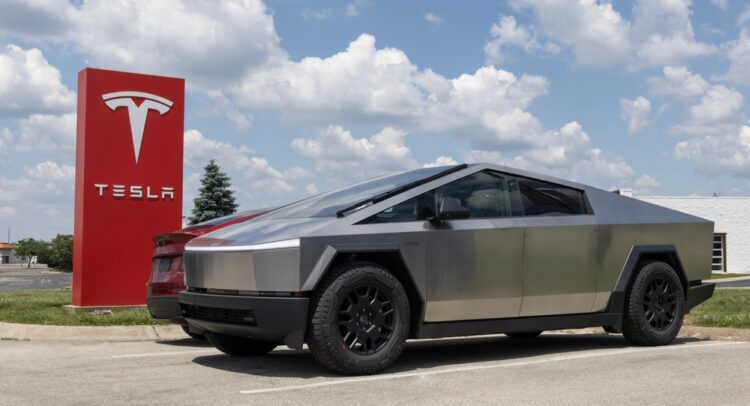Tesla’s (TSLA) Full Self-Driving (FSD) software is being used by drivers of ride-hailing services like Uber (UBER) and Lyft (LYFT), according to an exclusive Reuters report. The report cited 11 drivers from these ride-hailing services who are using the EV major’s Full Self-Driving (FSD) software, which costs $99 per month.
According to the report, do-it-yourself versions of self-driving vehicles are already becoming widespread, and drivers are using FSD because the software reduces their stress, enabling them to work longer hours and earn more money.
Tesla’s FSD Is Not Without Problems
On the other hand, Tesla’s FSD is not without problems. A concerning incident occurred in April when a self-driving Tesla carrying an Uber passenger collided with an SUV at an intersection in suburban Las Vegas. This accident has raised concerns about the growing number of self-styled “robotaxis” that exploit a regulatory gray area in U.S. cities.
In contrast to fully autonomous cabs operated by companies like Alphabet’s (GOOGL) Waymo and General Motors (GM) Cruise, which are heavily regulated and equipped with backup drivers, Tesla’s FSD system is categorized differently. Specifically, it requires driver oversight instead of operating completely independently.
Additionally, the Reuters report cited drivers who listed several critical shortcomings of the technology, such as sudden, unexplained acceleration and braking. Consequently, some drivers have stopped using FSD in complex situations like airport pickups, parking lots, and construction zones.
TSLA’s Cybertruck Is Also Facing Problems
Meanwhile, Tesla announced today a recall of more than 27,000 Cybertrucks in the U.S. due to delayed rear-view camera images, which could hamper driver visibility and increase crash risks. The automaker noted that a software update would address the issue. This is the largest recall for the electric truck.
The company began deliveries of the Cybertruck late last year after production delays and battery supply constraints.
Is Tesla a Buy, Sell, or Hold?
Analysts remain sidelined about TSLA stock, with a Hold consensus rating based on 12 Buys, 16 Holds, and seven Sells. Over the past year, TSLA has inched by 1%, and the average TSLA price target of $210.91 implies a downside potential of 15.5% from current levels.




















